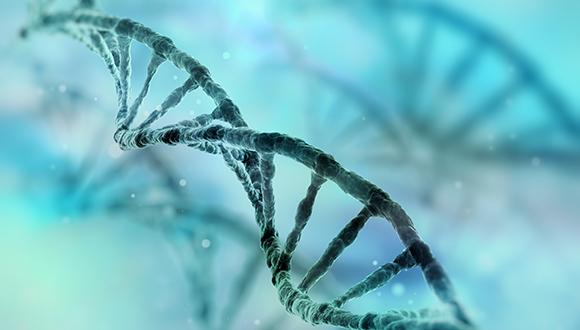המחלקה להנדסה ביו-רפואית -סמינר מיוחד ע"י פרופ' דומיניק פילוטי מאונ' EPFL בשוויץ
~~
The role of dissipation in developing hydrogels with
increased mechanical and mechanobiological properties
Dominique Pioletti
Laboratory of Biomechanical Orthopedics, Institute of Bioengineering,
EPFL
Dissipation plays an essential role in the mechanical behavior of materials under
cyclic loading. In particular for soft materials, an insufficient dissipative capacity is known as the main reason for the low toughness and inability to resist defect
growth in hydrogels. In parallel, a new paradigm on the role of dissipative
phenomena in soft tissues and biomaterials recently emerged with experimental
observations correlating dissipation and mechanobiology. Dissipation may
therefore be related to two different but complementary objectives in the
development of hydrogels: increase their fatigue resistant properties and induce
new mechanobiological features. As example for the development of an hydrogel,
we will focus on the clinical situation related to a focal defect in cartilage. In that
situation, a fairly stiff and tough hydrogel is required to sustain the particular
mechanical behavior of this tissue. As a supplemental constraint, adhesion of the
hydrogel to the cartilage is key to avoid its premature delamination. Dissipation also plays a central role for adhesion related process. In this talk, I will present how by carefully controlling the sources of dissipation, hydrogels with enhanced mechanical and mechanobiological properties can be obtained and can be proposed for functional tissue engineering.
Dominique Pioletti received his Master in Physics from the EPFL in 1992 at
Lausanne. He pursued his education in the same Institution and obtained his PhD in biomechanics in 1997. He developed original constitutive laws taking into account viscoelasticity in large deformation. Then he spent two years at UCSD as a post-doc fellow and was interested in particular to understand the molecular and cellular mechanisms leading to peri-implant osteolysis. He developed at that time the pioneer idea to use orthopedic implant as drug delivery system and has since proposed different solutions relevant for clinical applications. From 2006 to 2013, he was an Assistant Professor at EPFL and since August 2013, was appointed Associate Professor of Biomechanics at EPFL. He is the director of the Laboratory of Biomechanical Orthopedics. His research topics include biomechanics of the musculoskeletal system, mechanobiology in bone and cartilage, drug delivery system for bone and cartilage, functional tissue engineering. His close collaboration with different hospital departments has resulted in research output oriented toward applications


